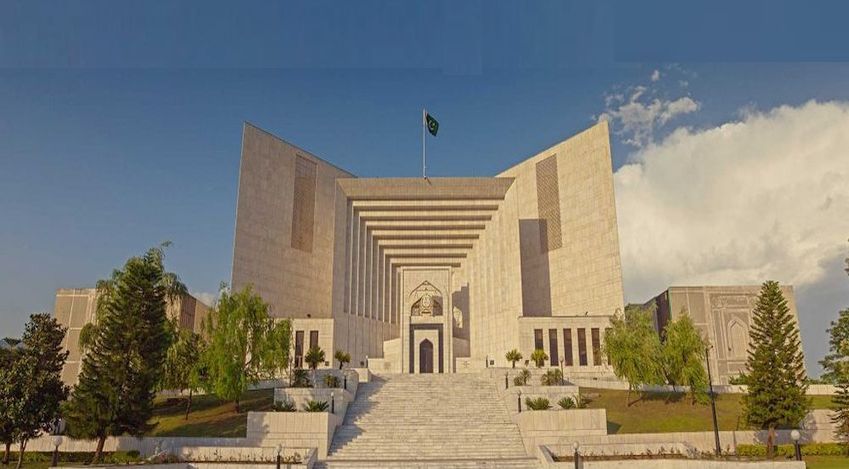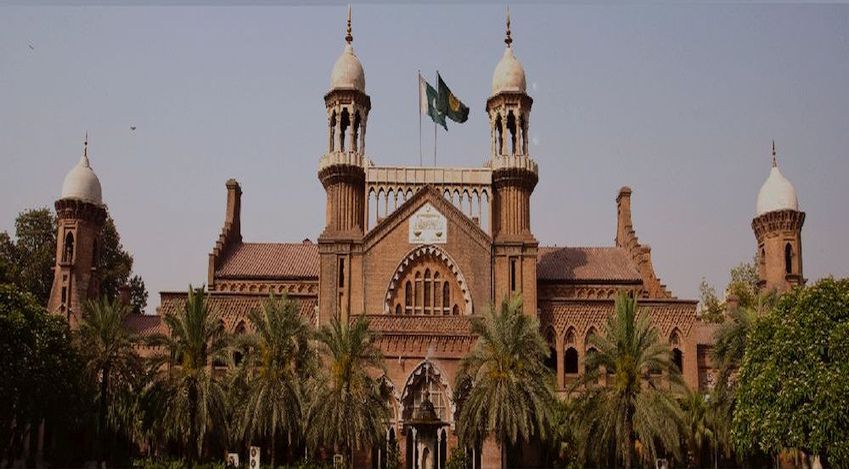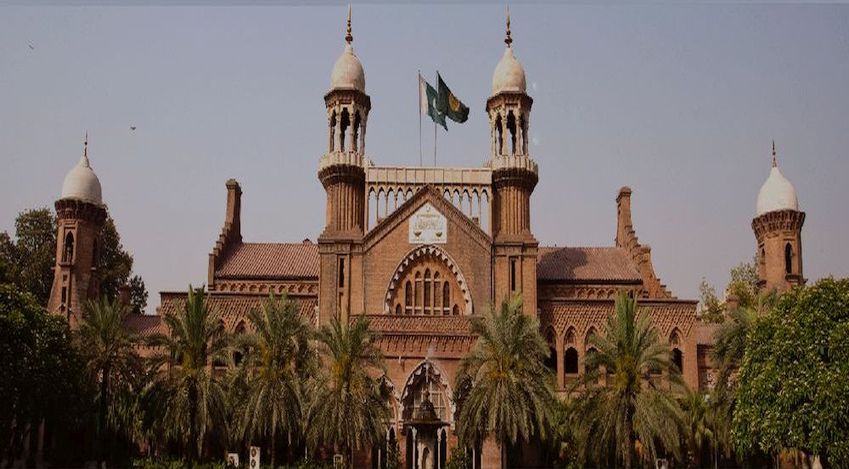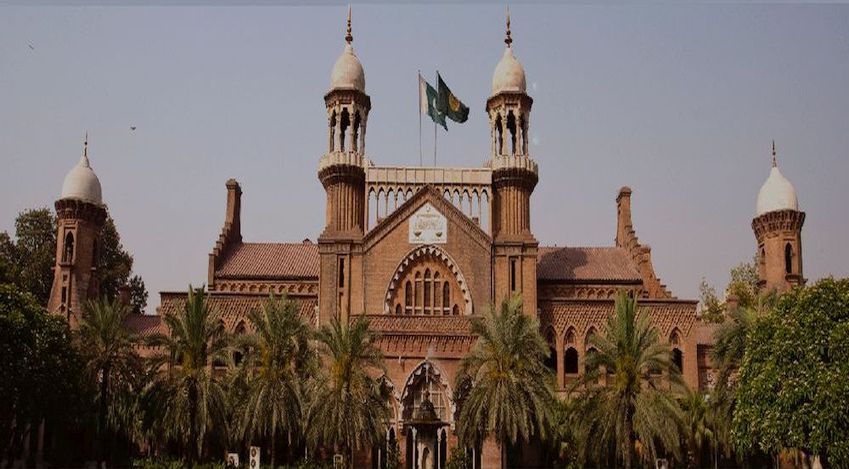Unauthorized Absence without Sanctioned Leave warrants Dismissal and no Formal Inquiry is required for such Misconduct --- Supreme Court of Pakistan
Islamabad 13-02-2025: The Supreme Court of Pakistan has dismissed a Civil Petition [CPLA No. 1354 of 2023], a former police officer, challenging his dismissal from service due to prolonged unauthorized absence. The Court ruled that the Petitioner’s absence was willful, and no substantial question of law of public importance warranted intervention under Article 212(3) of the Constitution.
The Petitioner, was dismissed from service after remaining absent without sanctioned leave from 07-10-2017, to 28-03-2018. He contended that his absence was not intentional, as he had lost his passport while abroad, delaying his return to duty. However, he failed to inform the department or respond to multiple notices issued during disciplinary proceedings.
Following his dismissal, Khan unsuccessfully pursued an appeal and revision petition, failing to appear before the relevant authorities despite multiple summonses. The Punjab Service Tribunal subsequently upheld his dismissal, prompting the Petitioner to approach the Supreme Court of Pakistan.
The Court reaffirmed that government employees, particularly those in disciplinary forces, must adhere to strict service regulations regarding leave and attendance.
- Tahira Waheed Vs. Director, Federal Government Educational Institutions (2003 SCMR 1090) and Secretary to Government of Punjab Vs. Zakir Ali (2022 SCMR 951) establish that unauthorized absence without sanctioned leave warrants dismissal.
The Petitioner admitted his absence but failed to justify it with valid documentation or prior intimation. The Court ruled that no formal inquiry was required when misconduct is evident and undisputed.
- Zakir Ali Case (2022 SCMR 951) and Tasawar Hussain Vs. Deputy Commissioner (2023 PLC (CS) 69).
The Punjab Service Tribunal, as the final fact-finding authority, had already determined the Petitioner’s misconduct. The Supreme Court of Pakistan reiterated its limited jurisdiction in disciplinary matters unless there was an error in law.
- Divisional Superintendent, Postal Services Vs. Nadeem Raza (2023 SCMR 803).
The Court emphasized that mere disagreement with a punishment does not constitute a question of public importance.
- Secretary Revenue Division Vs. Iftikhar Ahmed Tabassum (PLD 2019 SC 563) defines the scope of Article 212(3) jurisdiction, limiting Supreme Court of Pakistan intervention in factual disputes.
The Supreme Court of Pakistan dismissed the petition and refused leave to appeal, ruling that the punishment was proportionate to the misconduct and did not warrant judicial interference.
This decision strengthens the principle of accountability in government service, reaffirming that strict compliance with service rules is mandatory. It also clarifies that:
- Absence from duty without permission constitutes serious misconduct.
- Employees must proactively communicate unavoidable absences.
Tribunals have the final say on factual disputes, limiting Supreme Court of Pakistan intervention.
Powered by Froala Editor








